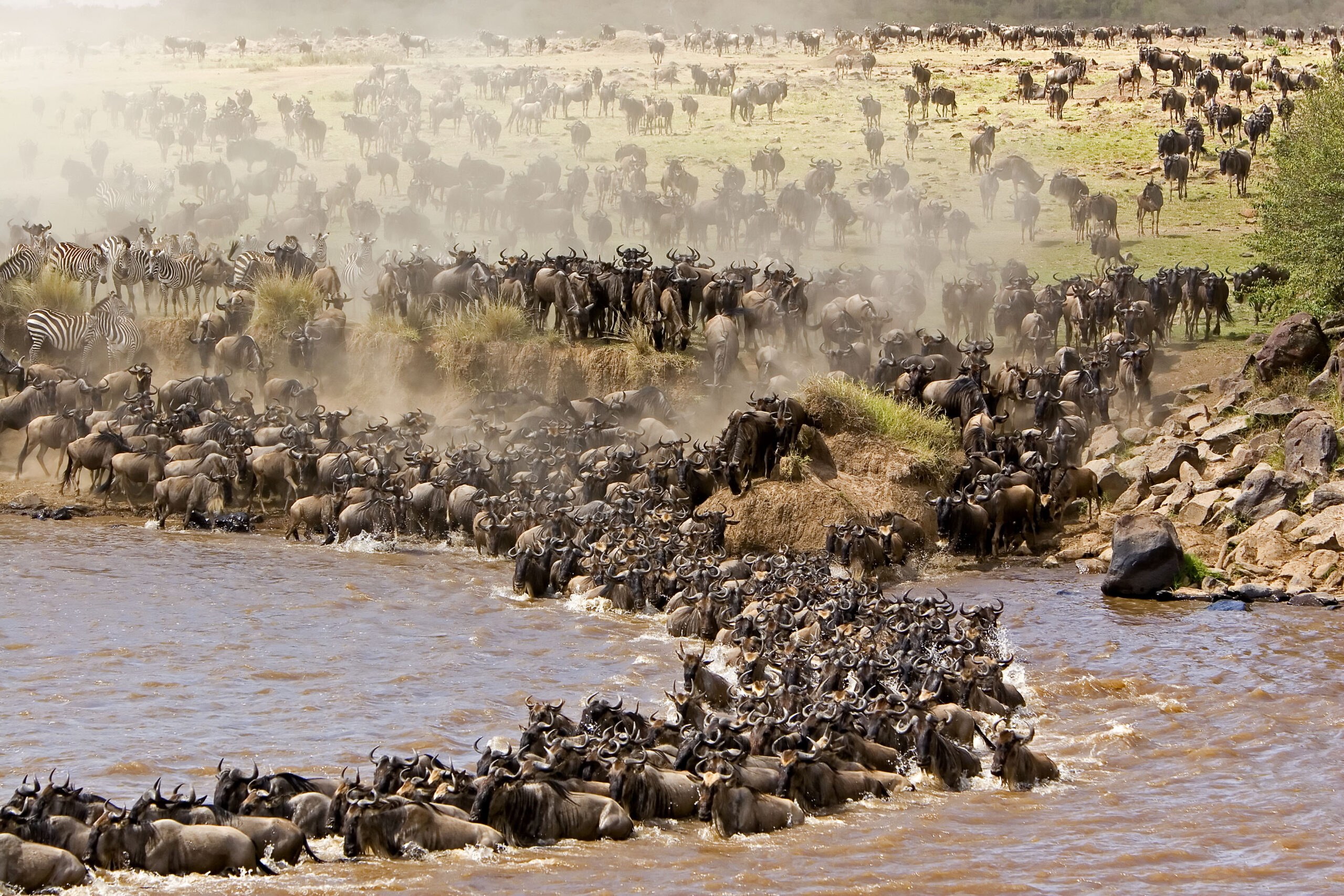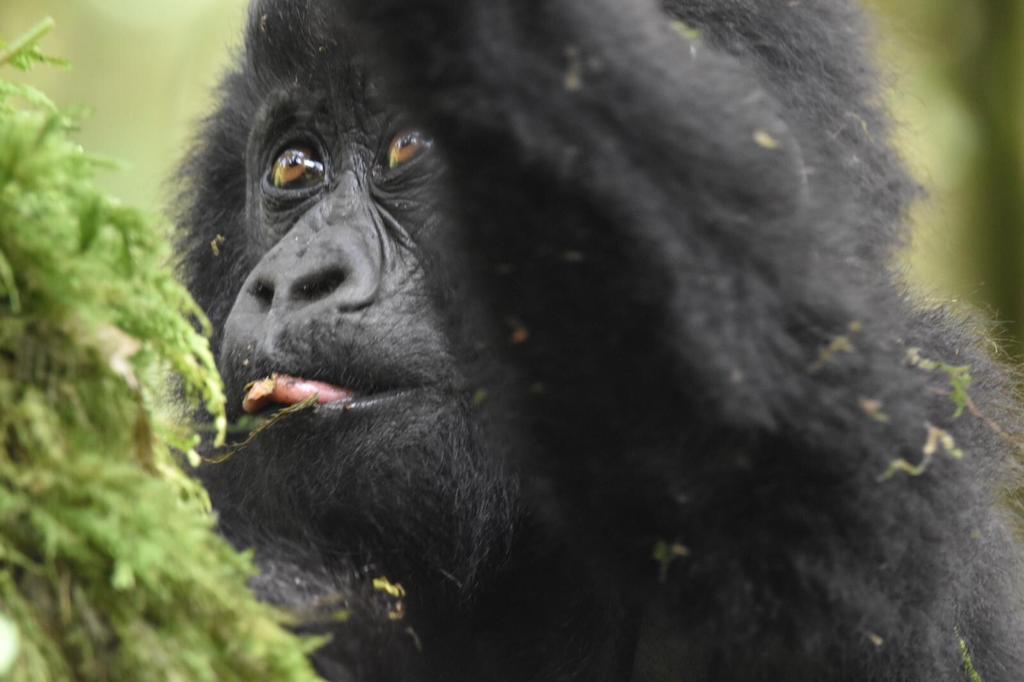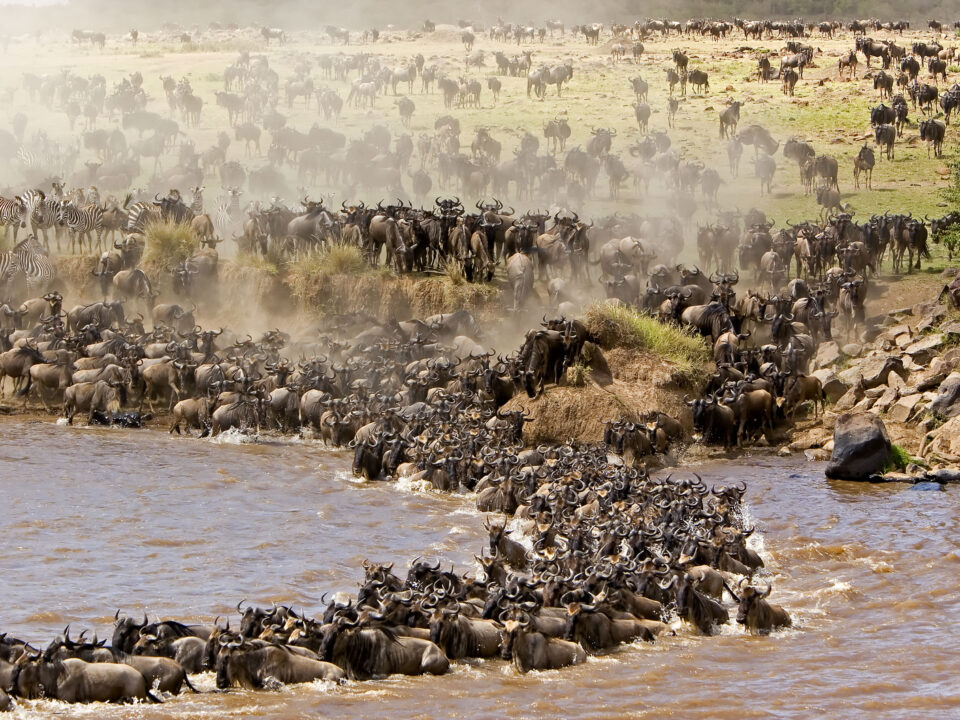- Home
- Ecotours
- Gorilla Safaris
- 01 Day Gorilla Trek – Mgahinga
- 1Day Rwanda Gorilla Trek
- 2 Days Rwanda Gorilla Safari
- 2 Day Bwindi Gorilla Safari
- 3 Days Rwanda Gorilla Trekking
- 3 Day Gorilla Trek Uganda
- 4 Days Double Gorilla Safari
- 4 Day Double Gorilla Uganda
- 4 Days Rwanda Chimpanzee Safari
- 4 Days Rwanda Gorilla Safari
- 5 Day Rwanda Gorilla Adventure
- 7 Day Rwanda Safari Holidays
- 7 Day Uganda Safari
- 8 Days Rwanda Uganda Gorilla
- 9 Days Visit Rwanda Gorillas
- 9 Days Panorama Rwanda
- Tours 2025/26
- Visit Rwanda
- Combo Safaris
- 3 Day Nyiragongo Hike Congo
- 3 Day Rwanda Gorilla & Nyiragongo Hike
- 4 Day Uganda Gorilla – Nyiragongo Hike
- 4 Day Congo Gorilla Trek – Nyiragongo
- 4 Days Rwanda Gorilla & Nyiragongo Hike
- 9 Day Rwanda Uganda + Kenya
- 7 Day Gorilla, Nyiragongo, Lowland Gorilla
- 7 Days Rwanda Gorilla Eco Tourism
- 9 Days Rwanda Uganda Gorilla Tracking
- 9 Days Kenya-Rwanda Gorilla Tour
- 10 Days Kenya-Rwanda Eco Tour
- 11 Days Tanzania-Eco Tours Rwanda
- 12 Day Uganda Rwanda Gorilla Tour
- Gorilla Trek Africa – 13 Days
- Cul Tours
- Lodges
- Rwanda Eco Lodges
- Kwitonda Lodge & Kataza House
- One & Only Gorilla’s Nest Lodge
- One & Only Nyungwe House
- Wilderness Bisate Lodge
- Wilderness Magashi Camp
- Virunga Lodge
- Wilderness Sabyinyo Lodge
- Nyungwe Forest Lodge
- Ruzizi Tented Lodge
- Five Volcanoes Boutique Hotel
- Mountain Gorilla View Lodge
- Le Bambou Gorilla Lodge
- Lapalme Hotel
- Muhabura Hotel
- Congo Eco Lodges
- MICE
- Rwanda Eco Lodges
- Contact Us
- About
- Parks
- Travel
What are Safest Places to Visit in Africa?

Responsible Tourism to Promote 4 C: Culture, Conservation, Community and Commerce
March 21, 2023Go Gorilla Trek and Iby’Iwacu Cultural Village
June 26, 2023Tanzania is one of the best countries for wildlife migration safaris in Serengeti Africa. Tanzania is generally safe for travelers – most visits are crime-free. The majority of people will be traveling outside the cities, which lessens the risk of crime. Tanzania Safaris are typically very safe and qualified guides know how to handle wildlife encounters.
Most travelers will be flying around the country or in organized transfer vehicles, but self-drivers should be careful of potholes and not drive at night. It’s a good idea to ensure safari guides and Mt Kilimanjaro hiking operators have a solid, reliable reputation before booking.
The Kenya safari industry is the most established in Africa, and good infrastructure enables travelers to easily get around the country. The country is largely safe for the many visitors it receives each year. Even within cities such as Nairobi, crime is not an issue for most tourists – though, of course, it pays to be cautious and vigilant. There are travel warnings associated with the Somalian border area and the northern coast, but it’s easy to avoid these regions.
The usual safety precautions apply in the cities. While on safari in Kenya, most risks are associated with wild animals and with a good guide, these risks are minimal. If self-driving, avoid the roads at night and use a reputable car hire company.
Uganda is a popular tourism destination and visitors rarely experience crime, especially because most travelers spend little time in the cities where risk levels are highest (as is the case with most places in the world). Experienced rangers, and often security, accompany travelers into the forests to visit the mountain gorillas, most gorilla trekking safaris are trouble-free.
Uganda is largely a safe country for travelers. The usual considerations apply in cities, though during elections or times of protest, it’s wise to seek advice and stay away from the cities.
It’s rare for travelers to experience crime in Botswana, in part due to the political stability of the country. Maun – the gateway to the Okavango Delta – experiences low levels of crime. Safaris are well managed, and highly experienced guides keep guests safe in potential wildlife encounters.
Travelers will usually be heading to wilderness areas with very few people. There is very little corruption, and the tourism industry is well established.
Namibia is popular for epic road trips, stargazing, wild safaris and adrenaline experiences from sky diving to quad biking around the adventure capital Swakopmund. The crime rate is low throughout Namibia, and few travelers experience any issues, which makes it ideal for those seeking safe places to travel in Africa.
Namibia benefits from a sparse population and most travelers head to areas well outside the cities. Namibia is free of serious conflict and is politically stable.
Zambia rarely experiences any problems. As with most cities, there is potential for theft in hubs such as Lusaka and Livingstone, but the vast majority of travelers are unaffected by this and Zambia is considered one of the safest places to visit in Africa.
The political situation is relatively stable in Zambia, though you should avoid any protests. On safari, an experienced guide will know how to maximize safety and handle wildlife encounters.
Rwanda is arguably the safest country in Africa, which is immediately apparent upon arrival in the relaxed and charming capital Kigali. Though there’s a lot of security around, this doesn’t tend to add tension for travelers; rather, the opposite. Safaris and gorilla trekking tours are well managed and mostly safe.
Rwanda was listed as the sixth-safest country in the world for solo travelers in 2022. Rwanda’s response to the genocide of 1994 was an attempt to pull the country together, rather than further dividing it. Today this has the effect of a solid safety record for travelers and Rwandans, with an emphasis on security.
Mauritius is one of the safest places to visit in Africa; this island nation is perfect for relaxed holidays where security is of minimal concern. It’s a multicultural country where people live, for the most part, peacefully side by side. Families love Mauritius and the many beach resorts also help nervous travelers to feel safe. Mauritius is one of Africa’s wealthiest countries, politically stable, and typically very safe for travelers.
Seychelles has always been considered a very safe destination for travelers and one of the safest countries in Africa. There is little crime experienced by tourists, especially away from the main islands.
The government is stable, and tourism is an established industry. Most people stay in beach resorts, which vastly decrease the chance of encountering any petty or serious crime. Be wary of riptides when swimming in the sea.
Travelers in Lesotho usually spend most of their time in the rural areas where crime is unusual, making this a destination that will appeal to those looking for safe places to travel in Africa.
The relaxed and easy pace of life in Lesotho’s countryside makes it a pleasant place to visit. Crime in these areas is rare. The cities are not as safe, so practice caution when traveling through. It’s best to hike in groups and with a guide – not just for crime reasons, but also in case of injury, bad weather and for navigation.



